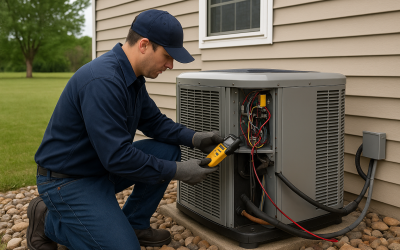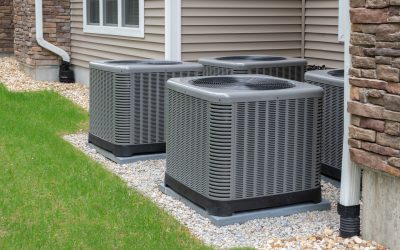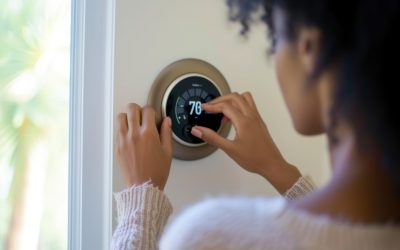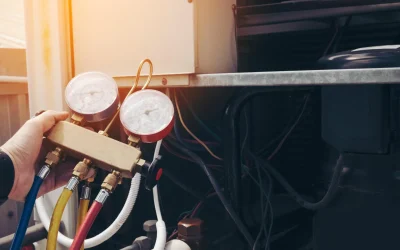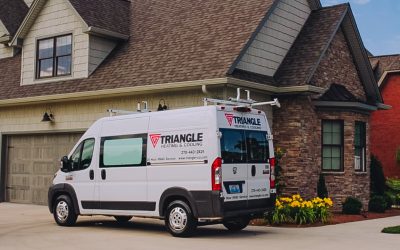Is your home’s air conditioner more than 15 years old? If so, it may be time for an upgrade. With advances in technology, today’s AC units are much more efficient than their predecessors. But with so many different options on the market, how do you know which one is right for your home? Here are a few things to consider when buying a new air conditioner for your home.
their predecessors. But with so many different options on the market, how do you know which one is right for your home? Here are a few things to consider when buying a new air conditioner for your home.
Size
The size of the air conditioner is an important consideration. If the unit is too small, it won’t be able to cool your home effectively. On the other hand, if the unit is too large, it will use more energy than necessary to cool your home. It will also cycle on and off more frequently and will struggle to maintain the desired humidity levels.
To determine the correct size of air conditioner for your home, you’ll need to know the square footage of the space that you need to cool. Once you have that number, multiply it by 20 BTUs (British Thermal Units). The result will give you a rough estimate of the minimum BTU capacity you’ll need.
20 BTUs is the recommended capacity for each square foot of living space in a home.
Efficiency
An air conditioner’s Seasonal Energy Efficiency Ratio (SEER) determines its efficiency. The higher the SEER rating, the more efficient the unit. Today’s units can have a SEER rating of up to 25, and the minimum for new units is 13.
When comparing units, look at the EER (Energy Efficiency Ratio) as well. EER is the ratio of the cooling capacity of a unit (measured in BTUs) to the power it uses (measured in watts) at a specific temperature. It’s usually calculated at 95 degrees Fahrenheit. The higher the EER rating, the more efficient the unit will be.
Finally, the ENERGY STAR label is a good indicator of an AC unit’s efficiency. To earn the label, a unit must meet or exceed energy efficiency guidelines set by the EPA (US Environmental Protection Agency). An ENERGY STAR labeled unit can save you 10%-50% on your energy consumption compared to a standard AC unit.
Programmable Thermostat
A programmable thermostat is a great way to save energy. It allows you to set the temperature for different times of the day and night. For example, you can lower the temperature while asleep or away from home.
Some programmable thermostats are controllable remotely via your smartphone or tablet. You can change the temperature even when you’re not at home.
A unit with a programmable thermostat can save you up to $180 per year on your energy bill.
Noise Level
Some units can be quite loud, especially when they first start up. If you have a unit near your bedroom, the noise level can be disruptive and make it difficult to sleep.
To find out how noisy a unit is, look for the decibel (dB) rating. The lower the dB rating, the quieter the unit will be. A unit with a dB rating of 60 or less is considered quiet.
Warranties and Service Plans
Most units come with a manufacturer’s warranty covering materials and workmanship defects.
In addition, some manufacturers offer extended warranties and service plans. These plans can cover repairs and maintenance and often include an annual tune-up. They can be a great way to keep your unit running smoothly for years to come.
Hire a Pro
Now that you know some of the things to consider when choosing an air conditioner for your home, you can be sure to find the perfect unit for your needs.
If you need help finding the right air conditioner or have questions, our Triangle Heating and Cooling Experts are here to help. We’re experts in HVAC systems repair, maintenance, and installation. Contact us today to schedule a consultation.
About Us
Residential HVAC Services
Maintenance & Repair Services
AC Repair
Furnace Repair
Heating System Repair
Service Plus Program
New System Installations
AC System Installation
Heating System Installation
Blog
Contact Us




